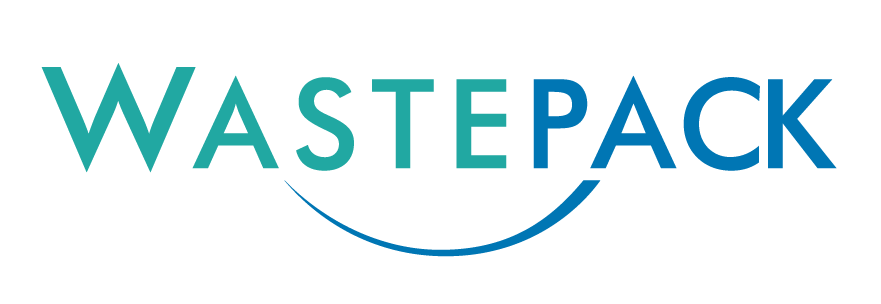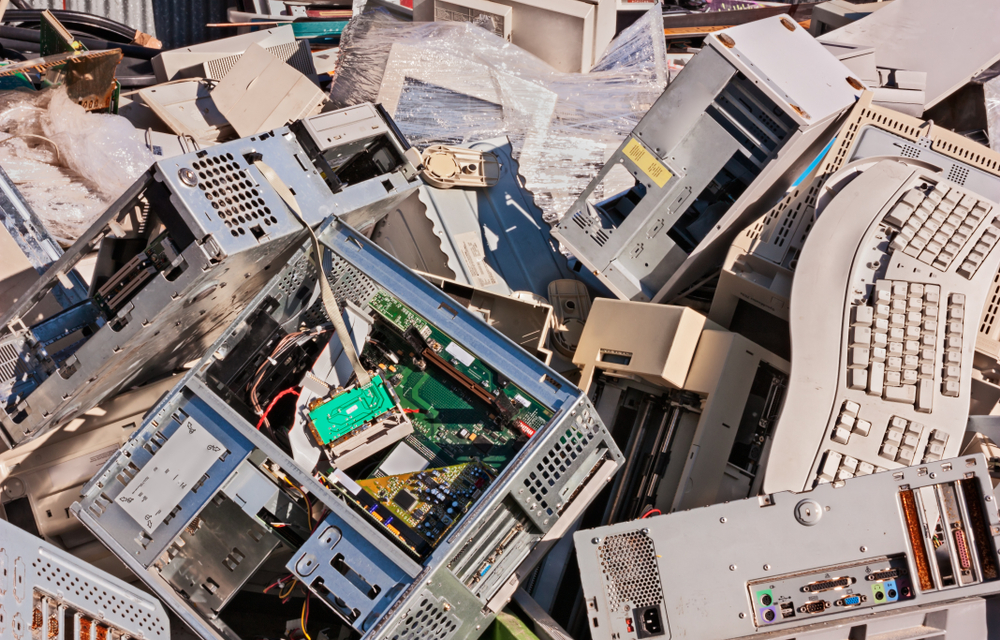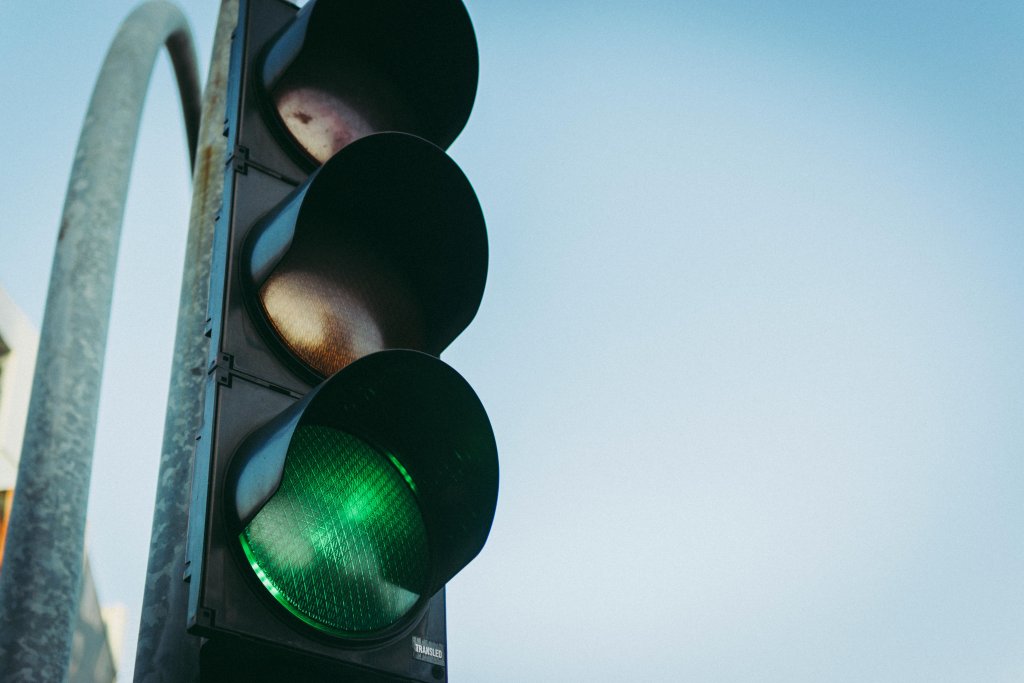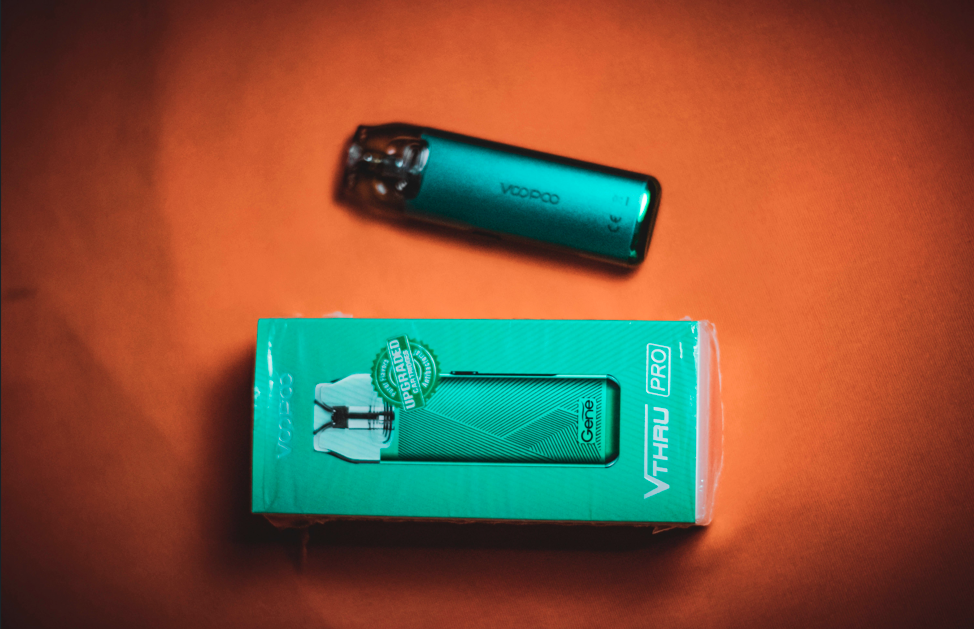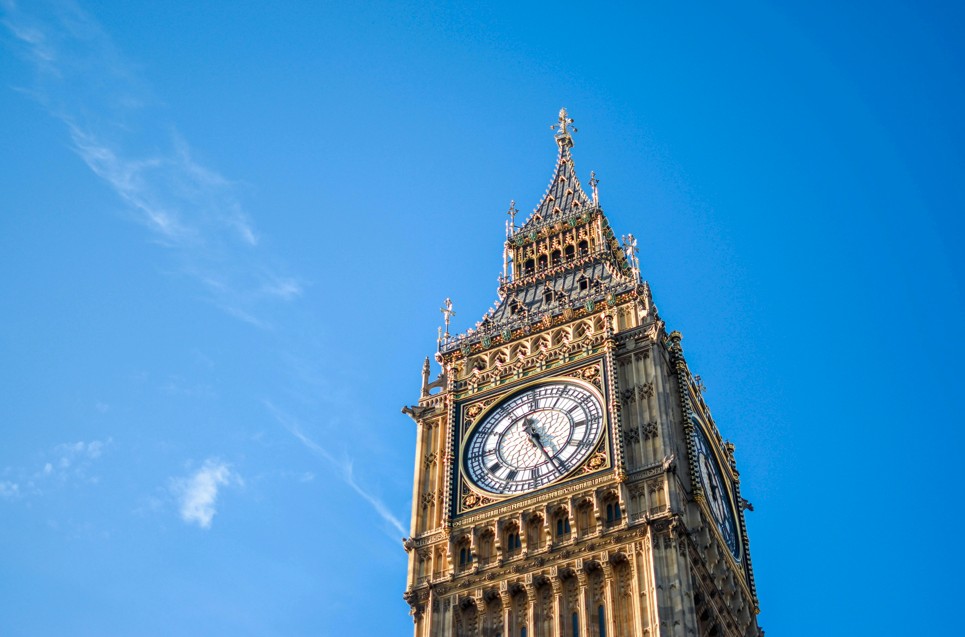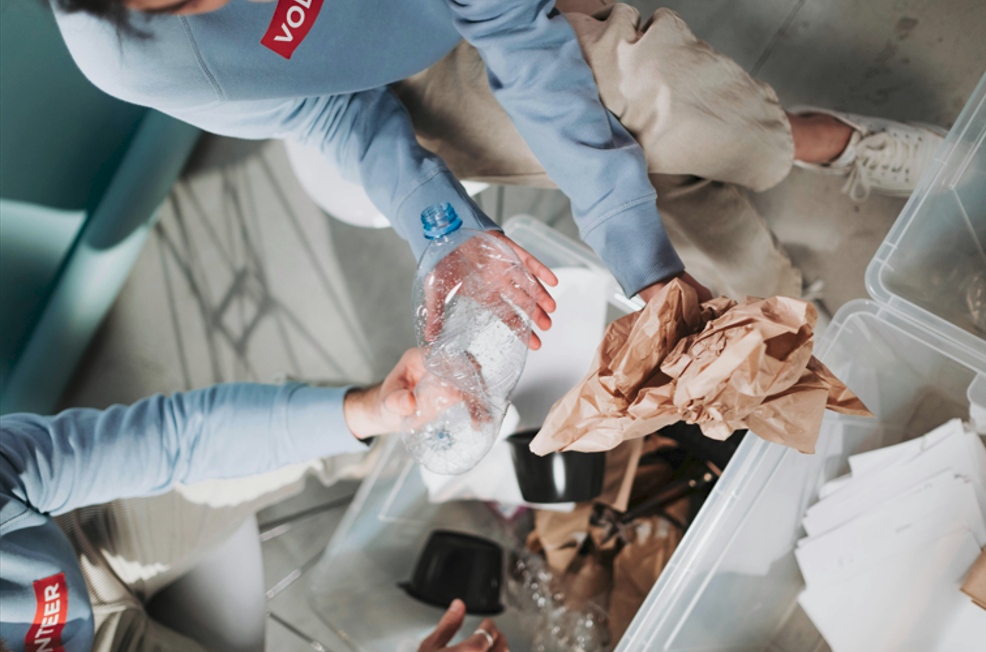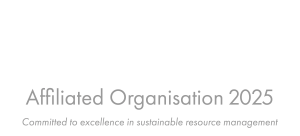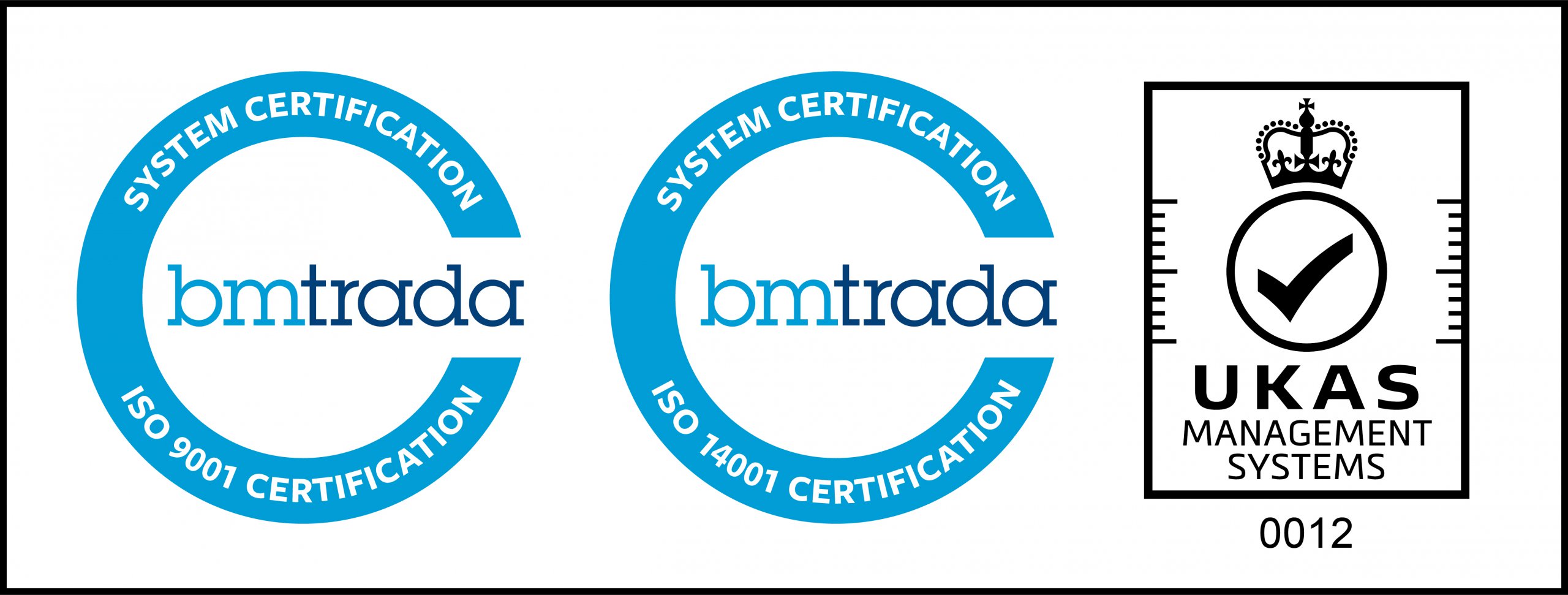Representatives from the European waste electronic and electrical equipment (WEEE) recycling sector have called for the EU to implement minimum quality treatment standards.
Signatories from APPLiA, DIGITALEUROPE, the European Electronics Recyclers Association (EERA), Orgalim and the WEEE Forum published a joint paper on 12 December calling for implementing acts, which they believe will contribute to improved quality waste management and harmonisation of treatment practices throughout Europe.
These implementing acts would be based on existing European WEEE directives.
Kurt Kyck, president of EERA, said: “The WEEE directives suggest standards would be a desirable outcome, but they have not been transposed by all countries.
“EEERA believes mandatory standards throughout Europe would create a level playing field, from a commercial and an environmental point of view.”
The paper calls for uniform implementation of WEEE treatment across all member states, quoting a directive published by the European Commission in 2012.
The directive reads: “The Commission may adopt implementing acts laying down minimum quality standards based in particular on the standards developed by the European standardisation organisations.”
The importance of the harmonisation of treatment practices throughout Europe is stressed in the joint, which says: “WEEE treatment is a complex chain of activities undertaken by several operators that can be located in various member states.
“Minimum standards guarantee that all parts of the chain are fulfilling the same conditions.”
These standards would cover the process of collection, transport, reuse and treatment of WEEE.
It is also proposed by the signatories that the promotion by the EU of these standards at international level with its trading partners would ensure a global level playing field.
Currently just five EU member states, including Ireland and France, use the existing standards as part of a legislative framework.
My Kyck said: “WEEE directives require targets to be met. We believe this is not achievable in the current set-up.”
Implementing acts are legally binding acts that allow the Commission to set conditions that ensure that EU laws are applied uniformly among member states.
The Commission is supervised by committees consisting of EU countries’ representatives.
With Britain set to leave the EU this year, it is unclear whether existing or proposed European WEEE standards would be adopted into British legislation.
